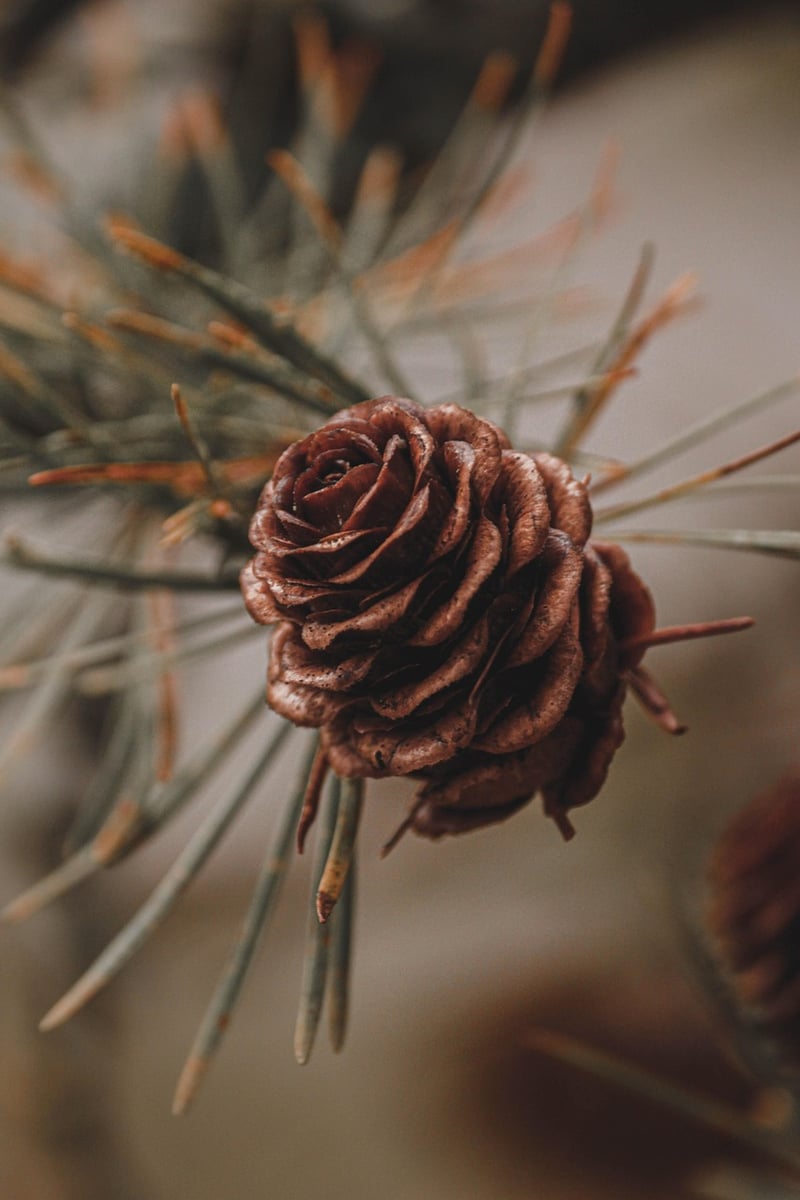Sunlight Needs
Keep Your Garden Thriving: Understanding Sunlight Needs

As a gardener, understanding the sunlight needs of your plants is crucial for ensuring a thriving garden. Different plants require varying levels of sunlight to grow and flourish. By knowing the sunlight requirements of your plants, you can provide them with the ideal conditions they need to thrive.
Types of Sunlight Needs
Plants are generally categorized based on their sunlight needs:
- Full Sun: Plants that require at least 6-8 hours of direct sunlight daily.
- Partial Sun/Partial Shade: Plants that thrive in 3-6 hours of sunlight per day.
- Full Shade: Plants that prefer minimal to no direct sunlight, thriving in shaded areas.
Choosing the Right Spot
When planning your garden, consider the sunlight conditions in different areas of your outdoor space. Place sun-loving plants in areas that receive ample sunlight throughout the day, while shade-loving plants should be positioned in areas with limited direct sunlight.

Monitoring Sunlight Levels
Regularly monitor the sunlight levels in your garden to ensure that your plants are receiving the appropriate amount of sunlight. Observe how the sun moves across your garden throughout the day and adjust the placement of your plants if needed.
Protecting Your Plants
During extreme heat, provide shade or cover for plants that may be at risk of sunburn. Similarly, if your plants are not receiving enough sunlight, consider pruning nearby trees or shrubs to allow more light to reach them.
Conclusion
By understanding the sunlight needs of your plants and providing them with the right amount of sunlight, you can create a garden that flourishes and blooms beautifully. Take the time to assess the sunlight conditions in your garden and make adjustments as needed to ensure the health and vitality of your plants.
Remember, sunlight is a vital element in the growth and development of your garden, so make the most of it to keep your plants healthy and thriving!
